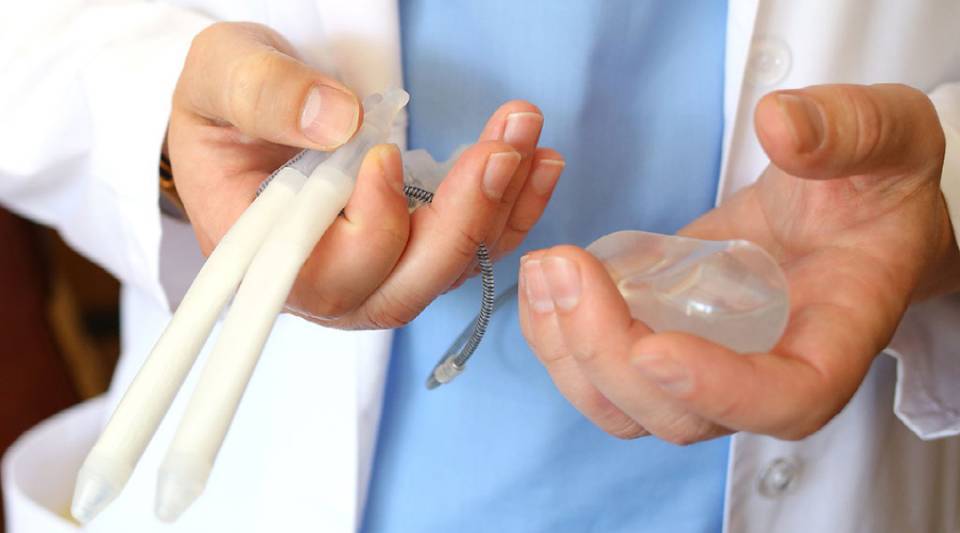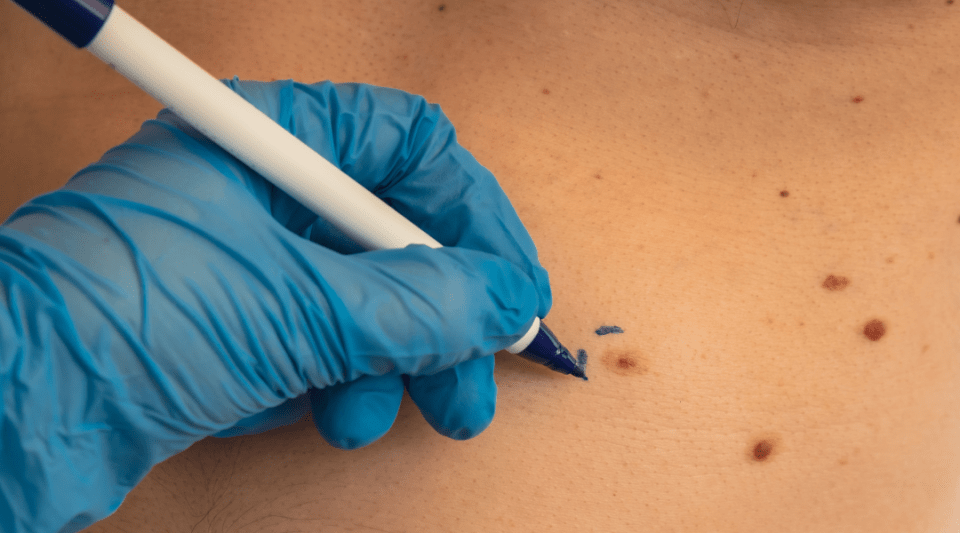Penile prosthesis implantation is much more frequent than is believed; in fact, the Hospital Clínic, Barcelona, is one of the hospitals that performs this intervention the most. During 2022, 58 have been performed at the Clínic. "There are people who see it as a very orthopaedic, very artificial solution, but it really is very natural," explains Dr Torremadé. It is performed as outpatient surgery, with the patient returning home the same day. The implant is inserted through an incision in the scrotum that leaves almost no scar.
The postoperative period is usually short and, after 4-6 weeks, sexual intercourse can be resumed. The device works hydraulically by moving liquid from a reservoir located inside the abdomen to the penis. Using a pump located inside the testicles, the patient moves the liquid, achieving a rigid penis at the desired moment. In addition, sensation, touch and orgasm are unaffected after the implant is inserted.
There are safe and effective drugs to normalise erection that work in around 80% of patients with erectile dysfunction. These drugs, called PDE-5, improve the dilation of the penile artery and the blood flow when there is sexual desire. Dr Torremadé explains that, with the drug, “The patient's response will be of better quality, but an erection will not be achieved spontaneously. You need a stimulus to enhance the patient's erection.”
If drug treatment does not respond, there is second-line treatment. These are alternatives to improve blood flow to the penis and, thus, increase its rigidity. Finally, if these treatments do not work, the implant can resorted to. Dr Torremadé believes that, "A penile implant has to be an option when the rest of the treatments fail."
Thus, a penile implant can be another solution for erectile dysfunction, a very common erection problem that affects 1 in 5 men over 40 years of age.
INFORMATION DOCUMENTED BY:
Dr Josep Torremadé, from the Urology Service of the Clinic Barcelona hospital.







